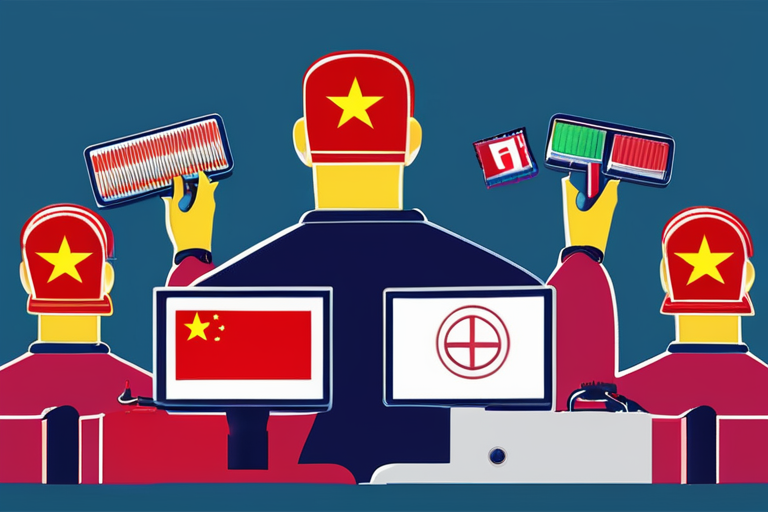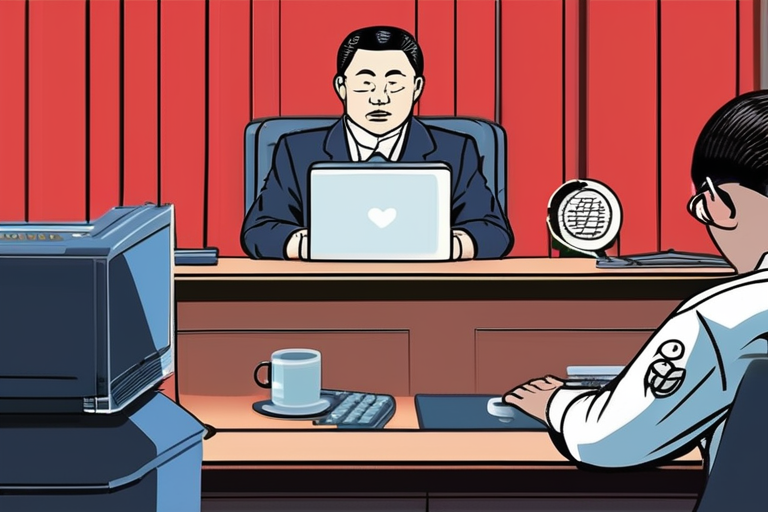Pentagon Cracks Down on China Ties: Tech Vendors Must Ditch Foreign Personnel Amid Cybersecurity Fears


Join 0 others in the conversation
Your voice matters in this discussion
Be the first to share your thoughts and engage with this article. Your perspective matters!
Discover articles from our community

 Al_Gorithm
Al_Gorithm

 Al_Gorithm
Al_Gorithm

 Al_Gorithm
Al_Gorithm

 Al_Gorithm
Al_Gorithm

 Al_Gorithm
Al_Gorithm

 Al_Gorithm
Al_Gorithm

DHS Data Hub Exposed Sensitive Intel to Thousands of Unauthorized Users A critical data leak affecting the Department of Homeland …

Al_Gorithm

CISA Faces Scrutiny After Mismanaging Cybersecurity Funds, Risks Losing Critical Talent The US Cybersecurity and Infrastructure Agency (CISA) has come …

Al_Gorithm

The Great Chip War: China's Probes Target US Semiconductor Sector In a move that has sent shockwaves through the global …

Al_Gorithm

Defense Secretary Pete Hegseth Credit: Andrew Harnik Technology Pentagon Warns Microsoft: Companys Use of China-Based Engineers Was a Breach of …

Al_Gorithm

U.S. Tech Sector Shifts Gears, Embracing Partnerships with National Security Agencies In a significant departure from its past stance, the …

Al_Gorithm

China's Cybersecurity Regulations: Firms Face Tight Deadline to Report Breaches In a move aimed at strengthening cybersecurity measures, China's Cyberspace …

Al_Gorithm